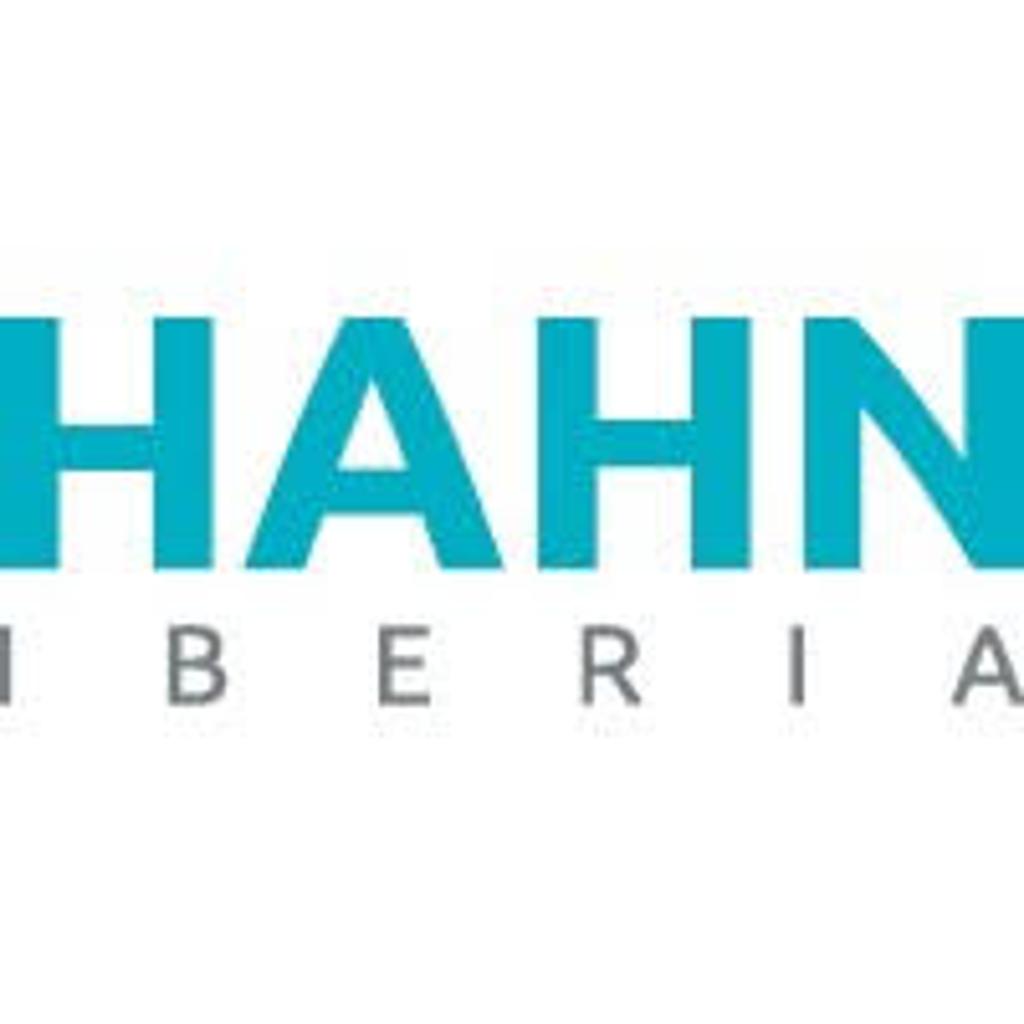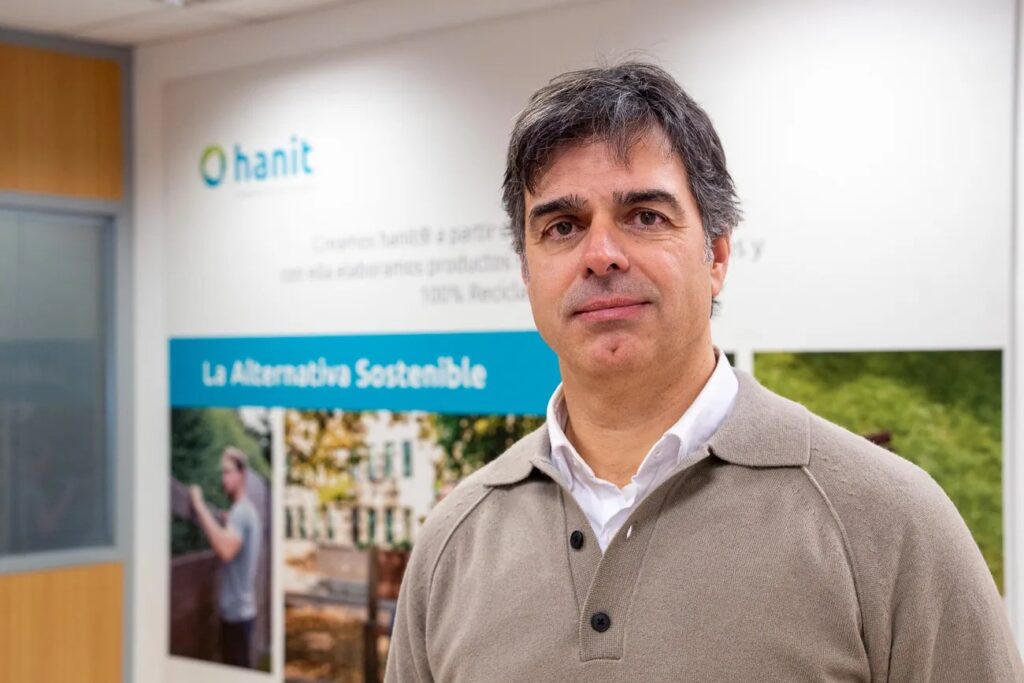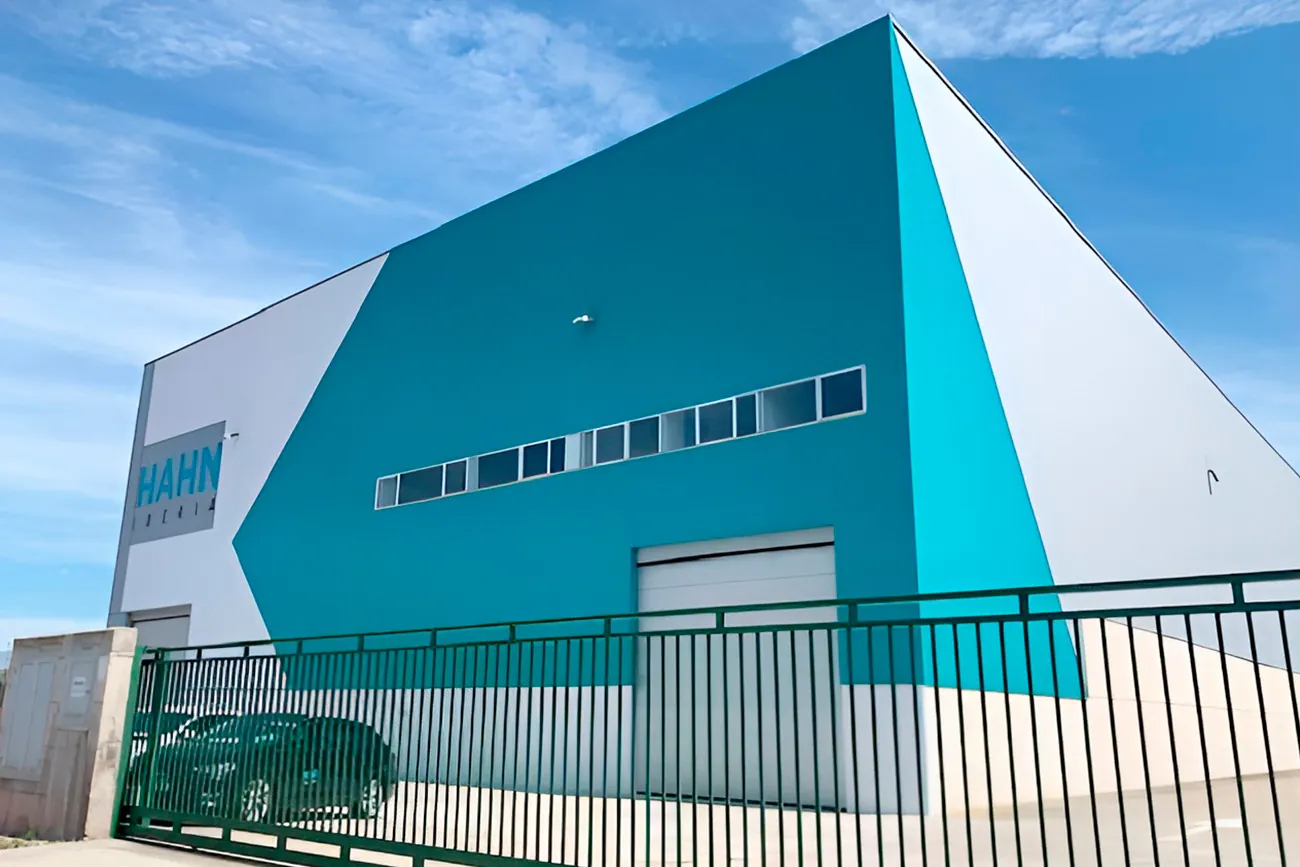
The German multinational Hahn, specialised in the manufacture of products from recycled plastics, has chosen Navarra for the installation of its new plant. Raúl Bon, Managing Director of Hahn Iberia Plástico Reciclado SL, details the current status of the implementation process in the region: ‘Our most immediate objective is to start production of our material in Navarra, something that will happen in 2025’, he says. Bon also highlights the keys that led the group to choose Los Arcos, its strategic objectives and the company’s firm commitment to the circular economy, innovation and local development.
The Hahn Group manufactures a wide range of products from plastics from the yellow bin, which many people in Europe are familiar with, but which we still have to explain here. One of our big differences to other similar companies is that we carry out the entire recovery process, from the preparation of the waste to the finished product, all in mechanical processes, without discharges or gas emissions.
The result is our registered ®hanit material, from which we manufacture boards, beams or poles, but what really sets us apart is what we manage to do with it. We process more than 90,000 tonnes of material per year and have 2,000 product references. Among the most important milestones is having obtained the prestigious Blue Angel label from the German government, which certifies a high environmental standard in most of our products.
We are completing the stages as planned. Our most immediate objective is to start production of our material in Navarra, which will happen in 2025. The demand for our products is very encouraging, and the number of machines in operation will increase progressively. In the long term, the challenge is to tackle the entire production process in Navarra, from the preparation of the raw material to obtaining a finished product, using local waste.
Navarra offered a combination of key factors: its geographical location to serve the entire peninsula, quality infrastructures and a high level of economic development. Added to this was a competitive fiscal autonomy. However, what really convinced us was the support and agility we received from institutions such as Laseme, Sodena and Nasuvinsa. The close treatment, the solutions provided and the availability of these entities made the difference.
From the very first moment, Sodena offered us constant dialogue and helped us to resolve concerns, identifying possible locations, collaborations with local companies and other necessary facilities. What makes this relationship unique are the people who make it possible. They know the business fabric of Navarre and the economic and fiscal policies, but above all they show commitment, accessibility and empathy, which is fundamental for groups like ours.
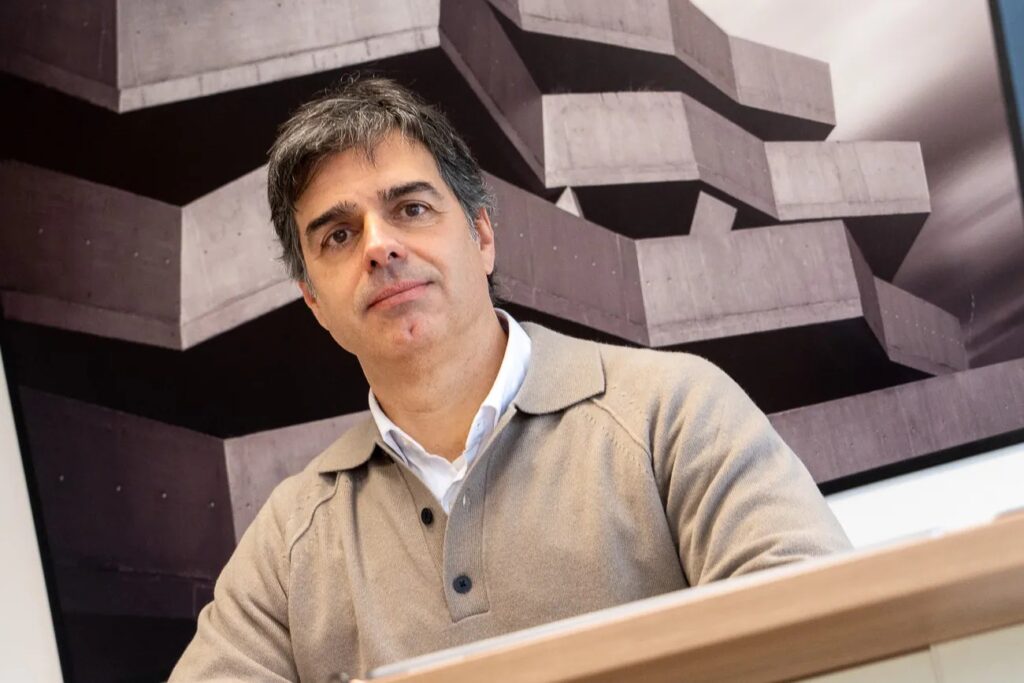
Our ®hanit material is well established in Europe, but we are still relatively new in the Iberian Peninsula. Achieving the same acceptance and recognition in this market is our priority, as it will allow us to accelerate investment in new facilities. To this end, the public sector can play a key role with policies that promote the circular economy and sustainability.
We want to expand the use of ®hanit in markets where we are not yet well known, such as industry and construction. In addition, we are looking to innovate in applications where this material can replace less sustainable materials or develop completely new products. We call this philosophy Hanit Innovation and it is an essential part of our identity.
Initiatives such as Navarra Zirkular and Agenda 2030 seem to us to be right and necessary. They are facilitating the change towards a sustainable model, and from Hahn Iberia, I am available to actively collaborate in these actions.
Undoubtedly. Navarra’s fiscal autonomy and good economic position were decisive factors in our choice. It is a region of reference in many respects and an example of efficient self-government.
From the beginning we have been committed to a local commitment. We collaborate with the employment service of Los Arcos town council, with Laseme and with entities such as AIN and Iruñampleo. In this aspect, we have found total accessibility and support.
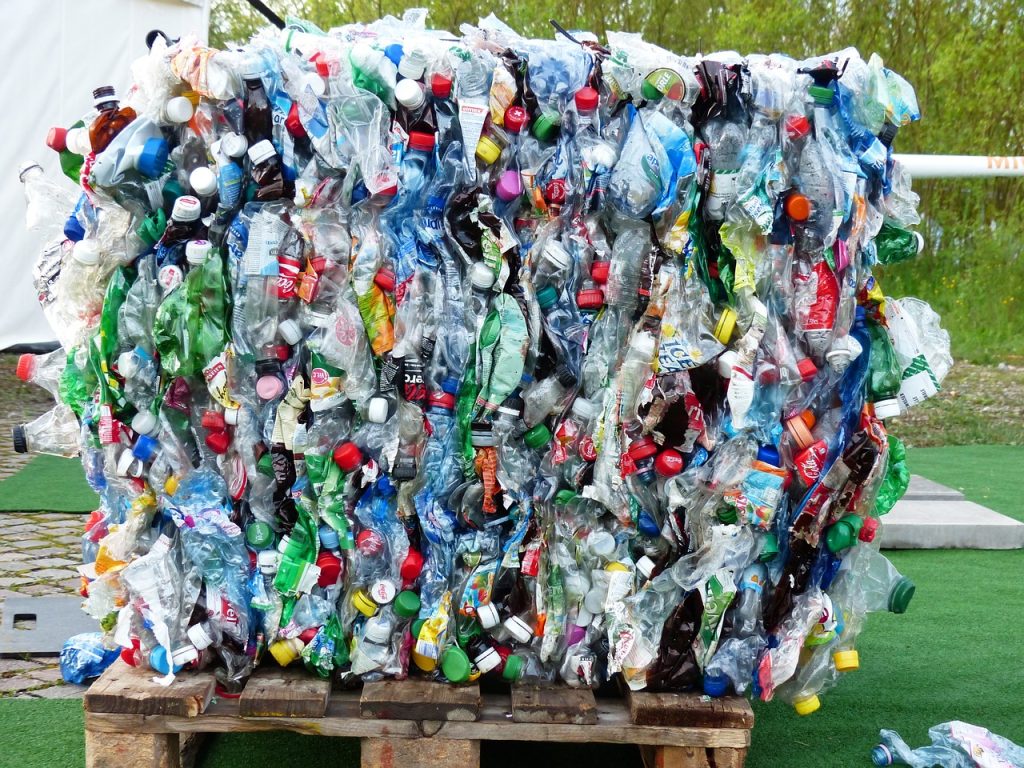
At present, product development is carried out at our headquarters in Germany. However, we see the potential for collaboration with local technology centres as a future possibility once we consolidate production in Navarra.
Navarra is a competitive region with a consolidated business fabric, good infrastructures and facilities for doing business. The government of Navarra is doing things well, and it must continue to strengthen its international positioning and attract talent.
Communication and international positioning are key to attracting foreign investment. In addition, it is essential to avoid talent drain, offering incentives and programmes that reinforce their attraction and retention.
